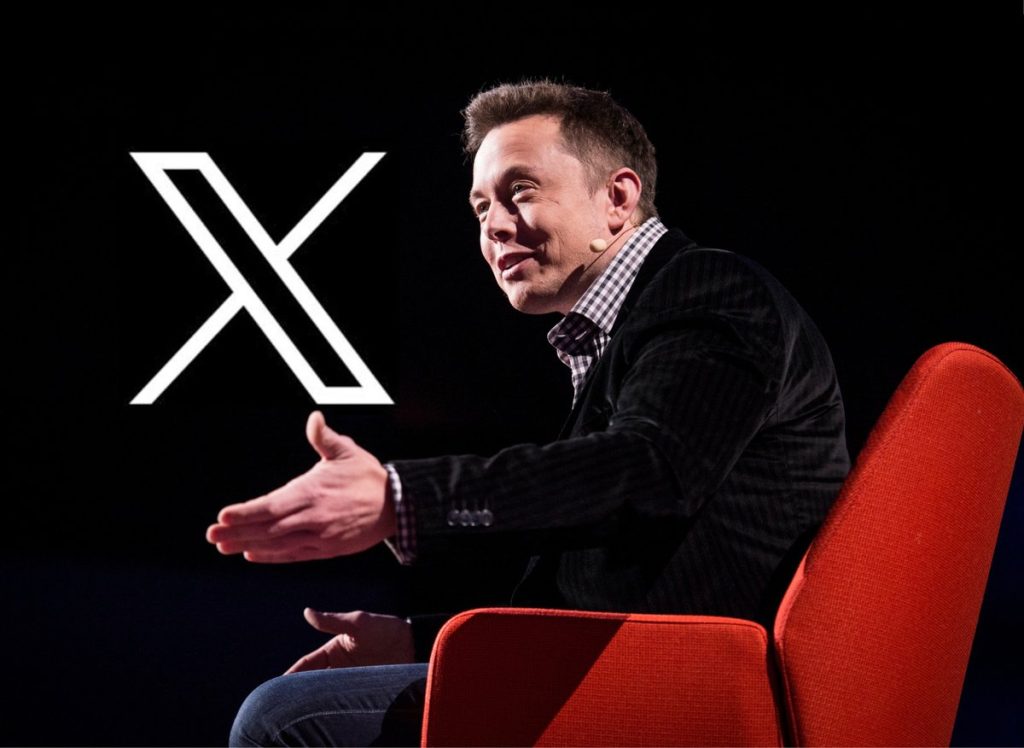In recent developments, the value of X—formerly known as Twitter—has plummeted to less than a quarter of the $44 billion that Elon Musk originally paid for it. This significant decline is highlighted in a recent disclosure from Fidelity’s Blue Chip Growth Fund, which holds an equity stake in the social media platform. According to their calculations, X is now valued at approximately $9.4 billion, a stark contrast to the valuation at the time of Musk’s acquisition.
Background on Musk’s Acquisition
In October 2022, Elon Musk finalized his purchase of Twitter for $44 billion. The acquisition was marked by numerous controversies, including changes in company leadership, alterations to platform policies, and a significant overhaul of the company’s operational framework. At the time, Musk expressed ambitious plans to revitalize the platform and turn it into a more profitable enterprise.
Fidelity, a prominent investment firm, initially invested around $19.66 million in Twitter during Musk’s acquisition. However, as of July 2024, the firm disclosed that the value of its shares had plummeted to just $5.5 million. This drastic reduction reflects broader financial struggles facing the platform, emphasizing the challenges Musk has faced in turning the company around.
Financial Struggles and Revenue Declines
The latest reports indicate that X’s financial health has deteriorated considerably. Last year, the platform generated approximately $2.5 billion in advertising revenue—nearly half of what it earned in 2022. Given that advertising sales account for between 70% and 75% of the company’s total revenue, this decline poses a significant threat to its sustainability.
The challenges are compounded by changing market dynamics and user sentiment. Advertisers have become increasingly wary of the platform amid ongoing controversies regarding content moderation and user experience. This has led to a decrease in advertising spend, further impacting the company’s revenue streams.
Corporate Changes and Strategic Moves
In addition to financial challenges, X has undergone significant organizational changes under Musk’s leadership. Recently, the company shut down its San Francisco headquarters and relocated to Texas, a move that has drawn mixed reactions from employees and industry analysts alike. For those who remain in California, the transition to a smaller office situated far from the city has sparked concerns about job security and corporate culture.
Musk’s attempts to boost employee morale include promises of stock grants, contingent on workers demonstrating their value through memos. However, skepticism looms among staff members, many of whom recall previous unfulfilled promises. The atmosphere within the company has become increasingly fraught, contributing to an overall sense of instability.
Stakeholder Perspectives
Fidelity is not the only major stakeholder with vested interests in X. High-profile investors such as Bill Ackman and Sean “Diddy” Combs have also acquired stakes in the company. A recent filing indicated that Ackman’s investment firm had taken a position in X, although the exact financial implications remain unclear.
However, the ongoing legal troubles faced by Combs, who is currently in jail awaiting trial on serious charges, raise questions about the influence of such investors on the company’s strategic direction and public image. The presence of diverse investors could either dilute accountability or provide a varied set of insights that might help steer the company back toward profitability.
Repeated Valuation Adjustments
Fidelity’s recent markdown of X’s value is part of a troubling trend. This marks the third time the firm has adjusted its valuation in less than a year, indicating a persistent decline in the company’s perceived worth. In January 2024, Fidelity made a significant cut, followed by another adjustment in March, totaling a staggering 78.7% reduction in the valuation of its X holdings.
These repeated cuts signal not only the financial struggles of the platform but also a loss of confidence from investors. As Fidelity continues to reevaluate its stake, other investors are likely to take note, potentially leading to a further erosion of investor sentiment.
The Broader Impact on Social Media Landscape
The decline in X’s value is part of a larger narrative within the social media industry, which is currently grappling with a myriad of challenges. Issues such as data privacy, misinformation, and user trust are more pronounced than ever. Many platforms are finding it increasingly difficult to maintain user engagement while also satisfying the demands of advertisers.
As X continues to navigate these turbulent waters, its fate may serve as a cautionary tale for other social media companies. The challenges faced by Musk and his team may not only affect X’s future but could also influence broader trends within the industry, prompting other platforms to reconsider their strategies.
Future Outlook
Looking ahead, the future of X remains uncertain. Musk’s vision for the platform involves significant transformations aimed at revitalizing its financial performance. However, achieving these goals will require navigating complex challenges, including user trust, advertiser relationships, and internal company dynamics.
Potential paths for recovery may include diversifying revenue streams beyond advertising, investing in new technologies, and enhancing user experience. While Musk has previously demonstrated an ability to innovate, the social media landscape presents unique obstacles that require careful consideration and strategy.
Conclusion
The current valuation of X highlights the significant risks associated with high-profile acquisitions and the volatile nature of the tech industry. As Elon Musk faces mounting pressures to reverse the company’s fortunes, stakeholders and observers will be closely watching to see if he can implement effective strategies that lead to recovery.
In an ever-evolving digital landscape, the ability to adapt and respond to market demands is crucial for survival. Whether X can rebound from its current challenges remains to be seen, but the lessons learned from its decline may resonate throughout the industry for years to come.

